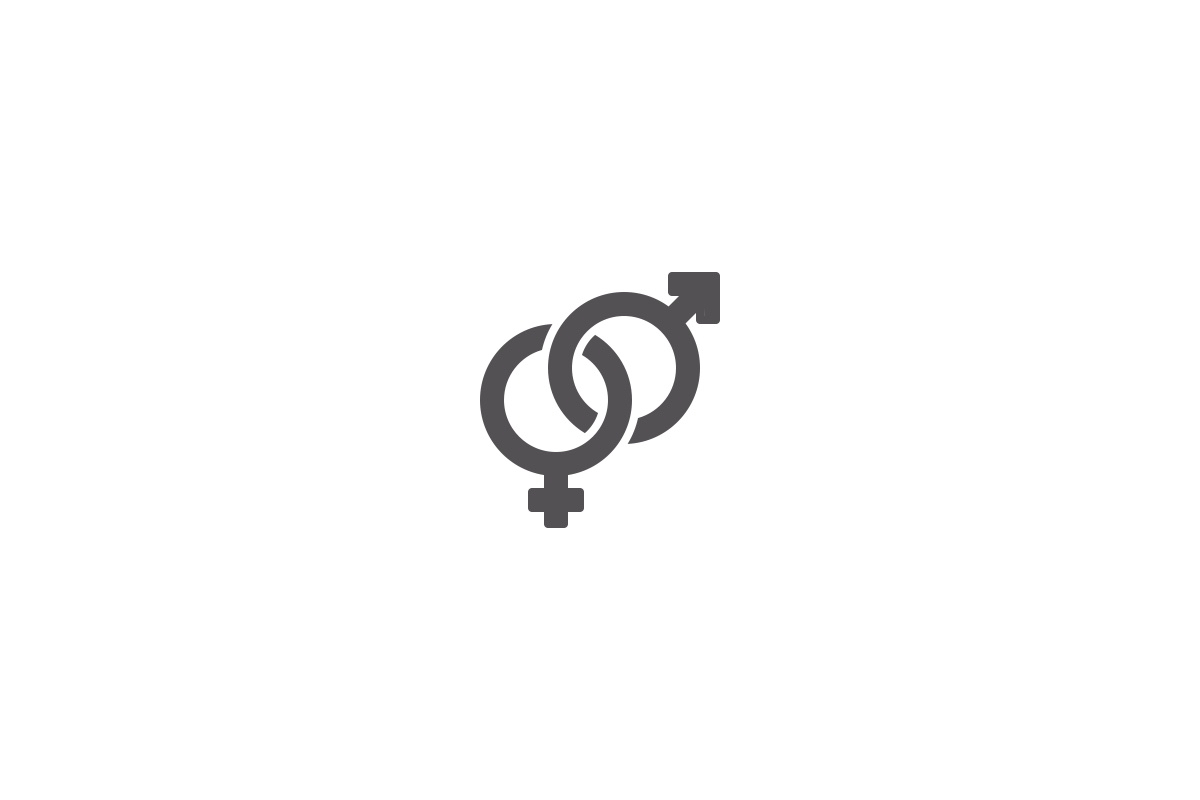Farewell, Critical Role
In which I abandon one of my favorite franchises due to enshittification.
I was chatting with someone the other day, and caught myself using “guys” - as in, “you guys” - when talking with a woman about her relationship with her wife. I’ve been sensitive to using that word for years now, and I stopped myself, explained that it was one of those unfortunate verbal habits I’ve been trying to break, and re-framed the inquiry with “you ladies.”
This is one of MANY examples of a time I’ve gotten frustrated lately with how unnecessarily gendered our language is.
I know plenty of people who don’t understand why it bothers me so much that I use “guys” by default to refer to more than one person; particularly in a mixed-gender group. Those people argue that “guys” is understood to mean “people” and isn’t intended to be offensive to women.
I have two fundamental problems with that.
First, and most personal to me, as I age, I’m becoming more and more of a feminist. I’m noticing more and more ways in which our society is unequal toward women, and it’s bothering me more every day, with every new observation of how unfair things are. I know this isn’t new to other people, but it’s new to me, and it’s fueling an increasing sense of injustice in me, so even these “inoffensive” assumptions in our language are becoming offensive to me.
I am not a guy. I am a woman. If you want to use a gender-specific term to refer to a mixed-gender group, why shouldn’t everyone be “ladies” instead? Of course I know that would never be accepted (although I loved the nod to this in Tandy’s attempt to be “woke” in Last Man On Earth), and I’m not seriously asserting it’s a better solution, but it’s an equally viable option. It’s equivalent. So ask yourself why that would never be accepted, and you’ll understand a bit of why I find it unjust.
Second, out of sensitivity to others, just don’t apply unnecessary gender labels when you don’t have to. Period.
Why does this matter?
When you’re addressing an individual or a group, you may have no idea how those people identify themselves. Applying an unnecessarily gendered label may be very uncomfortable for them, even if you don’t mean it in a literal sense.
Take my “guys” example above.
I know a trans person who has sometimes had a hard time “passing” as a woman. People would sometimes identify her as male when we were out in public - using words like “sir” etc. when speaking to her. That made her feel miserable. Trans people are already far more aware of gender identity than cisgendered folks; calling unnecessary attention to gender identity in every day scenarios where it simply doesn’t matter is almost cruel.
If someone had addressed a group she was in as “guys” - that could set up a whole chain of negative thoughts. “Did I not pass again? Ugh, this sucks…” etc. Even if the person addressing the group didn’t mean it literally, it’s like probing an open wound. (I happen to know that this individual isn’t bothered by “guys” in a literal sense, but there are enough other unnecessarily gendered interactions that I’m always sensitive to it when I hear myself use the term.)
So, in this example, wouldn’t ladies be just as bad - but in the other direction? Doesn’t “ladies” unnecessarily gender a group of people, who may be equally sensitive to gender identity in an inverse way? Or even just somewhere on a spectrum; neither trans nor cis but something in between.
Sir, ma’am, ladies, gentlemen, guys, dudes, boys, girls; we are all people. Sometimes it’s useful to refer to gender identity, like when you’re discussing health concerns with a doctor - but I don’t see why it should matter in any other context. Certainly not in the millions of every day interactions in which we unnecessarily gender a person, or even an inanimate object. (Why are cars, boats, and the sea “her?” None of the reasons I’ve heard are flattering…)
This is something I’ll continue to work on in my own language and interactions with people. And I hope it’s something other people will begin to think about more as they go through the world and have these little interactions.
